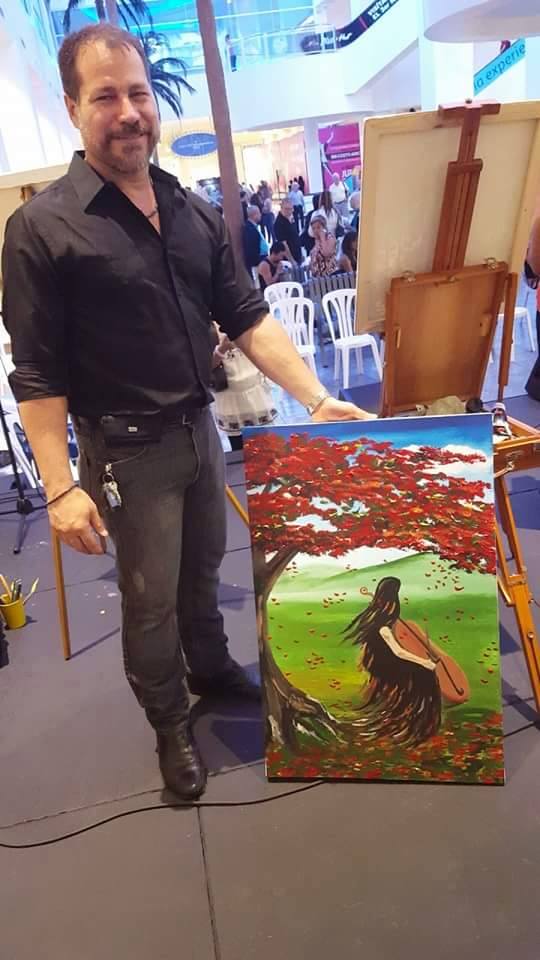Hundreds Gather in Puerto Rico on Martin Luther King Day Demanding Arts Education
By: Steven Singer
They came with trumpets, tubas, bongos and acoustic guitars.
They came with brightly colored banners and freshly painted posters.
They came armed with songs, dances and slogans.
More than 500 teachers, students and college professors marched to the Puerto Ricancapital of San Juan to demand the island government bring back public school arts classes.
The group of activists calling itself Let’s Save the Arts has been fighting against the narrowing of curriculum for the last three years.
At that time, the island Department of Education changed the length of class periods at all public schools in the U.S. territory.
Students used to have seven class periods of 50 minutes each. Now students have six class periods of 60 minutes each. In effect, officials eliminated one class.
Students still receive Spanish, Math, Science, Social Studies, and English instruction. However, now they have to choose between Physical Education or Arts where they used to be able to do both.
Secretary of Education Rafael Román approved the measure to save money. More than 3,000 half time teaching positions were lost.

“It was an austerity measure,” says Mercedes Martinez, president of the Federación de Maestros de Puerto Rico (FMPR) – the teachers union.
“They’re saying these teachers are not needed.”
Senator Rossana Lopez has proposed a solution. She introduced Bill 584 – legislation that would require all Commonwealth schools to include arts courses as a graduation requirement.
Arts teachers across the island formed the collective group to help pass the measure.
“Having a holistic education is a right and not a privilege,” said Carlos Vélez, an art teacher from Ángel Sandín Martinez Middle School in the Vega Baja region.
“The study of the arts benefits all students – especially those living under poverty that can’t pay for art courses elsewhere.”
The teachers union issued a strong statement of support.

“Students were off school Monday,” Martinez says. “In symbolism to MLK’s holiday celebration, they protested the best way they know: performing.”
During those performances, Román, the architect of the plan to eliminate the arts, changed his tune. While at the rally, he said he supports the bill.
However, the Secretary of Education could make most of these changes, himself, without legislative action. He could return the alignment of class periods to their previous configuration tomorrow.
“We’re waiting for him to put words into action,” Martinez says.

Meanwhile, supporters hope Bill 584 will pass before this Congressional session ends in June.
Corporate education reform measures like this one limiting arts classes are a consequence of financial woes imported from the mainland. Puerto Rico is besieged by vulture capitalists encouraging damaging rewrites to the tax code while buying and selling the territory’s debt.
Hundreds of American private equity moguls and entrepreneurs are using the Commonwealth as a tax haven.
As a result, tax revenues to fund public goods like education are drying up while the super rich rake in profits.
Officials warn the government may be out of money to pay its bills this year. Over the next five years, it may have to close nearly 600 more schools – almost half of the remaining facilities!
Of the 135 schools closed in just the last two years, Román had originally proposed shuttering 200. The remaining 65 were only kept alive because communities occupied the buildings and refused to let the government step in.
The people of Puerto Rico aren’t letting their government defund and defraud their public schools without a fight. Monday’s musical and artistic protest was just another note in the battle hymn of the people.


No comments:
Post a Comment
Note: Only a member of this blog may post a comment.